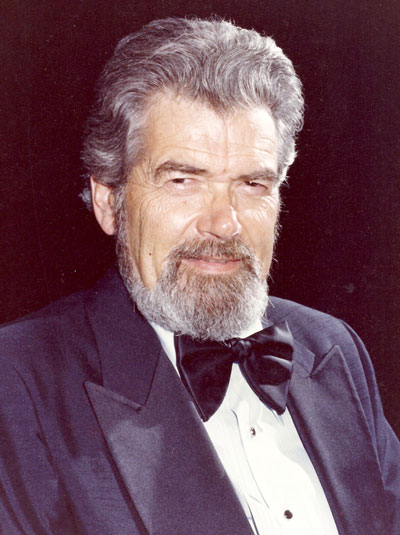“No prophet is accepted in his hometown.” (Luke 4:24 NIV)

Who said that? Jesus Christ, right after he got rejected in, of all places, the village where He grew up — and Jesus was the greatest teacher and the best storyteller who ever walked this planet, bar none! Remember all those cool parables, the ones we’re still reading and referencing today — almost 2000 years after He shared them? Of course. How many modern writers continue to riff on “The Story of The Good Samaritan” or “The Prodigal Son”? How many financial experts on “The Parable of the Talents”? And yet, even Jesus faced his share of rejection in that arena. In fact, rejection, for Jesus, was always in the plan. He had to be rejected before he could be exalted, put down before He was lifted up. And if people rejected Jesus (!!!) … well, we ought to be able to handle a little rejection ourselves. Consider it a rite of passage. You won’t be anyone special until you’ve received your share of rejection.
Know who else got rejected? Do you have a favorite author? Yes, him too. Yeah, her also. Obviously your favorite writers didn’t give up. They stayed the course no matter how hard it got or how long it took. You need to do the same.

Want to hear something funny? Dr. Laurence J. Peter submitted a non-fiction manuscript to McGraw-Hill in 1964. An astute editor at the publishing company responded: “I can foresee no commercial possibilities for such a book and consequently can offer no encouragement.” Undeterred, Dr. Peter sent the manuscript to thirty other publishers and received thirty more rejections. Finally, William Morrow & Co. purchased his book for a single payment of $2,500; and the publisher’s expectations for it were so low that the company ordered an extremely cautious print run of only 10,000 copies. But hey, editors and publishers are only human: how could they know — despite being in the business of recognizing profitable book projects — that The Peter Principle would rocket to the top of the New York Times best-seller list?; or that the book would sell 200,000 copies its first year in print?; or be translated into 38 languages? Good grief, it’s a good thing the good doctor didn’t give up on a good book idea! (How’s that for a good sentence?)
Got Rejection? Welcome to an elite club that boasts a membership comprised of the world’s best and greatest.
